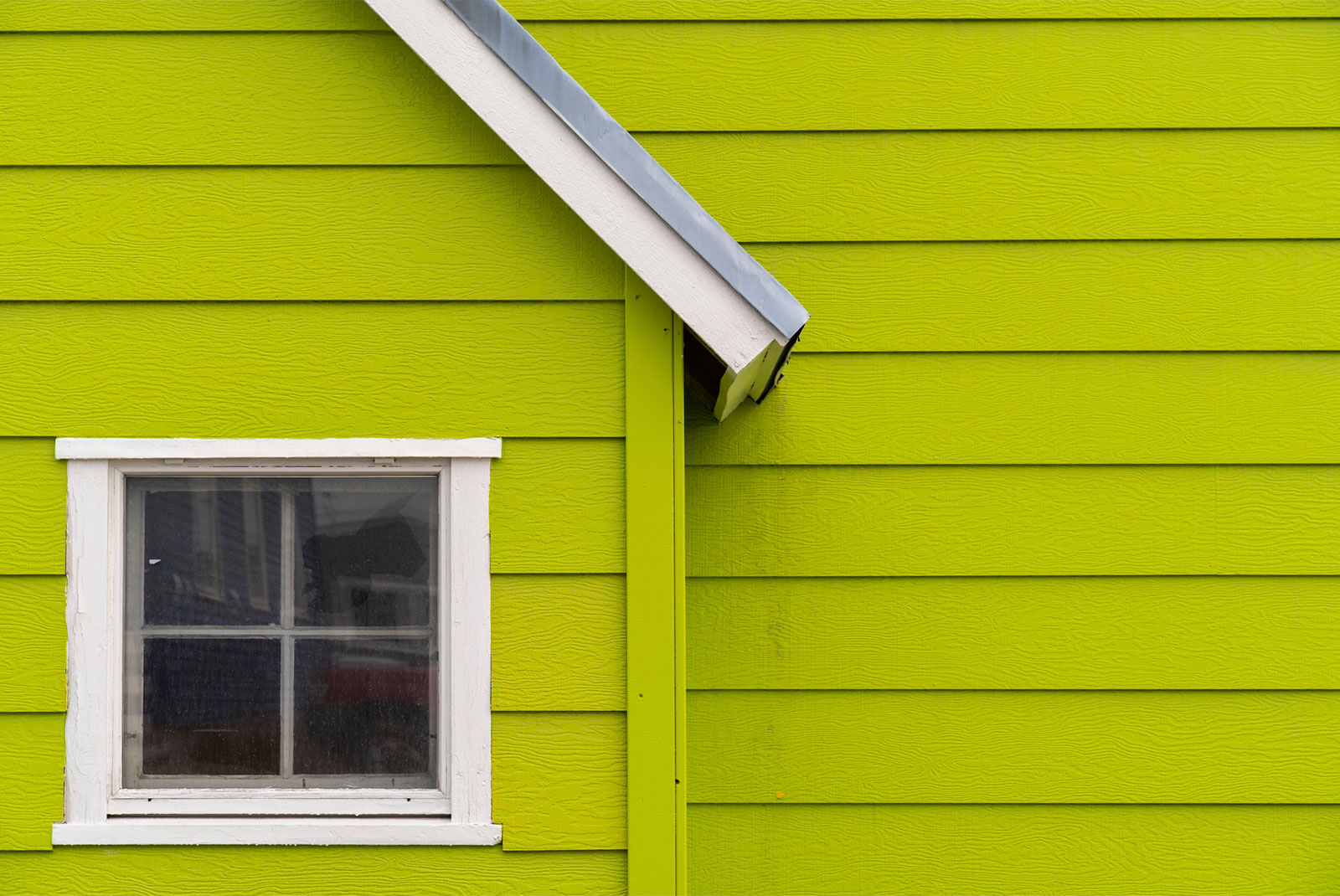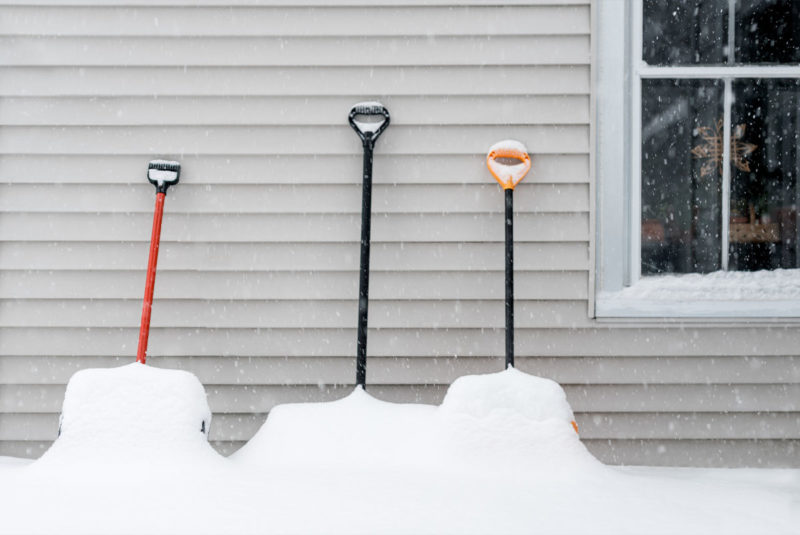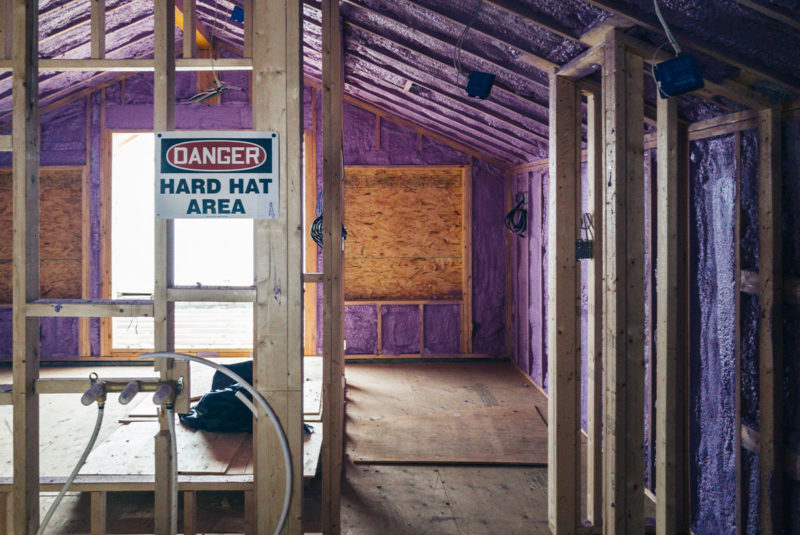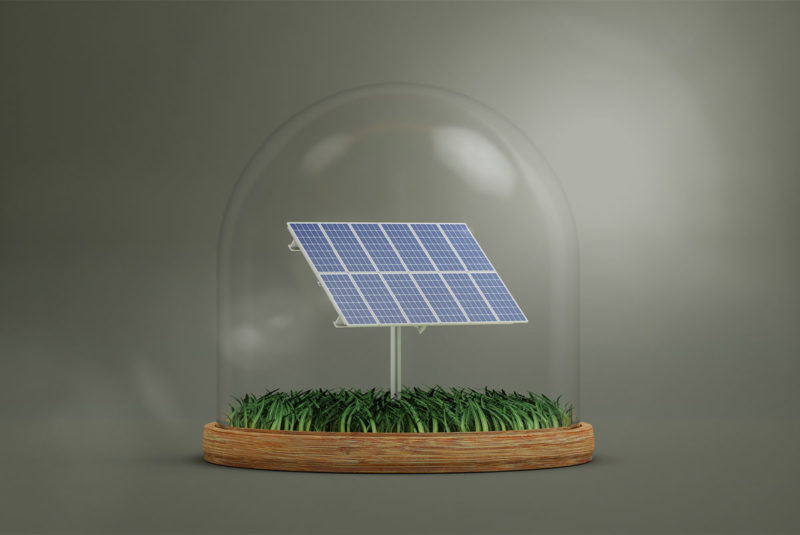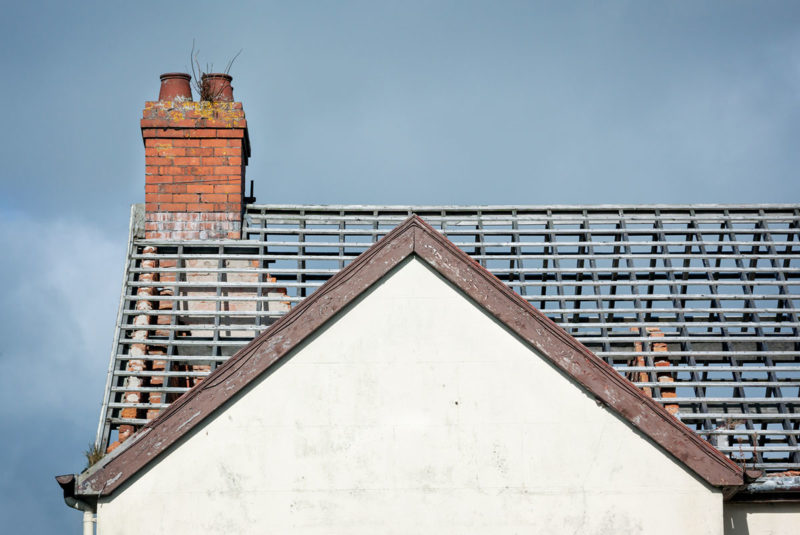You stumble across a home that’s got good bones and character in every corner, but the positives get overshadowed by some of its out-of-date features. You can see yourself living there, but not without some minor (and maybe major) upgrades.
Buying a home is a major life move. During your search, you may see some homes that have a lot of potential, but an even longer renovation to-do list.
If fixer-uppers are your jam, you’ll need to understand everything that may go into buying and reviving one.
Buying a Fixer-Upper House vs. a Move-In Ready House
A fixer-upper will require significant cosmetic and maybe even structural changes. A move-in ready home has already been updated.
Throughout the lifespan of your home, there’ll be some tweaks to make here and there. But a move-in ready home typically doesn’t require major home upgrades, meaning you won’t need to dish out as much money upfront.
The biggest projects you’ll face in a move-in ready home are typically painting some rooms and decorating your new space. Almost everything in the house will be upgraded.
Some reasons to buy a move-in ready home:
- Minimal renovations need to be done
- Budgeting is easier because you won’t have to account for major remodeling projects
- Major (and expensive) appliances have typically been bought and any structural upgrades have been completed. Keep in mind that appliances could also be part of contract negotiations
- It’s easy and convenient – and you can move right in
Some reasons not to buy a move-in ready home:
- It’s more expensive because of its convenience
- You won’t get exactly what you want in a home because the renovations have already been done
- Since everything is new, it’s harder to justify spending money on renovations to get what you want
Fixer-uppers need a lot of remodeling work to make them functional, livable and, ultimately, desirable when the time comes to sell your home years down the road.
The Pros of Buying a Fixer-Upper House
Yes, fixer-uppers can be a lot of work, but they do come with some benefits that may outweigh the challenges. Explore the pros and cons of buying a fixer-upper before investing.
Lower purchase price
With fixer-uppers, the price will likely be significantly lower and more affordable for most buyers because there will be many updates waiting to get done.
With move-in ready homes, you’re paying a higher price. The price factors in updated appliances, renovations and remodels. This way the seller can make money back on the home that they’ve poured so much time and money into.
You can truly get what you want
The beauty of having an outdated home is that you can customize it to fit your vision. Starting from scratch gives you full creative liberty over everything, right down to the knobs on the cabinets.
Less competition
While the fixer-upper price tag may draw attention, people aren’t flocking to this type of home and starting bidding wars.
Fixer-uppers are a ton of work, and that can scare people off. If you are a new home buyer still smarting over a few lost bidding wars, fixer-uppers may give you an advantage.
The Cons of Buying a Fixer-Upper House
Fixer-uppers are wonderful picks for home buyers, but they’re not without major hurdles. You need to be completely aware of some pitfalls you’ll experience as the owner of a fixer-upper.
Renovations cost $$$
If you have your eye on a fixer-upper, you’ll need to budget that into the buying process. Budget for the down payment, the taxes and the major renovations you’ll need to make. Always be generous with your budget expectations because costly surprises can – and will – pop up along the way. Do the math on the true cost of a fixer-upper.
Living with construction
Big projects will leave your life in the middle of a construction zone. Depending on the size of the project, your daily routine may share quality time with loud construction for months, even years.
This can take a toll on you and your family mentally, physically and emotionally. Be sure you’re ready to live in that new normal.
Surprise issues along the way
Unfortunately, what’s on the surface isn’t always what’s underneath.
As you dive into updating a fixer-upper, you’ll notice your original guess at what a remodel would run you is much less than its real cost. Issues – such as major wiring problems, water damage or mold – may come up.
Hiccups like this may leave you living with construction for 6 months longer than expected.
Do a full home inspection before going through with your purchase. That way you’ll get a better idea of what needs to be done to your potential home.
How To Buy a Fixer-Upper
Still interested in buying a fixer-upper? Here’s what you need to know:
Go into the house buying process with boundaries
If you’re 100% open to a fixer-upper, establish which reasonable updates you’re willing to make and which would be deal breakers.
Create a home buying checklist that includes what your home must have, what you’re willing to invest in renovating and what would make you walk away.
Maybe you’re OK with updating home cosmetics (hello, new marble countertops), but major structural wiring and plumbing issues are a no-go. Iron this out before you start looking at homes.
Set an estimated budget for renovations
This can be tricky. You won’t know the cost of renovations until you’re up in it. However, set a budget expectation to help weed out contenders. If you’re willing to spend $40,000 but a home will cost more than half of that just to update the kitchen, maybe that home isn’t meant to be.
Understand the history of your potential fixer- upper
Do some sleuthing to figure out the types of renovations done to the home, and why. Is there a history of flooding in the basement? Are the power lines underground and that have been known to cause outages? Consider all of these challenges before completing the purchase.
Read up on permits for your area
If you want to make significant improvements to your home, get information on permits before signing on the dotted line.
Be sure that your new neighborhood allows for the renovations you would like to make, and learn what hoops you might need to jump through to make it happen.
How To Buy a Fixer-Upper With a Loan
Most traditional mortgages won’t allow you to cover renovations and repairs, especially sizable ones like what you’d see with a fixer-upper. But all hope is not lost. There are other opportunities for financing.
FHA 203(k) loans
FHA 203(k) loans combine the cost of buying and renovating a home into a single loan. These loans are available to people with lower credit scores and allow you to refinance the existing mortgage during renovations.
VA renovation loans
Just like FHA loans, VA rehab and renovation loans consolidate the cost of buying and renovating a home, but for veterans. The catch? You have to use a VA-approved contractor, which may limit you. You may also be subject to a construction fee.
Fannie Mae loans
With Fannie Mae HomeStyle loans, the fund for renovations goes directly into an escrow account. This type of loan requires a 3 – 5% down payment. It offers lower interest rates and can be used for renovations on primary residences, vacation homes or investment properties.
Freddie Mac CHOICERenovation loans
This loan also requires a 3 – 5% down payment, offers lower interest rates and can be used on vacation and investment properties. However, this loan doesn’t use an escrow account, but it can be used for repairs caused by a natural disaster.
Conventional loans
Conventional loans are traditional home loans used to purchase property. They offer the best interest rates and loan terms, which can certainly be used to buy a fixer-upper.
One reason why you may not want to go the conventional loan route is that other options, like FHA and VA, consolidate the cost of buying and renovating into one loan.
With those loans, you won’t have to scramble to come up with additional money for renovating. With a conventional loan, you’ll need to figure out another way to finance those renovations.
Should I Buy a Fixer-Upper?
Fixer-uppers are great options for seasoned home buyers who enjoy home projects, or for first-time home buyers looking to buy a home at a lower cost. Consider buying a fixer-upper if:
- You desire creative leeway. You get to design exactly what you want
- You want more control over what rooms you’ll renovate the most
- The renovations the home requires will likely make money back once it’s resold
- You want to pay less on property taxes
- You’re willing to spend significant amounts of money on major renovations
The Short Version
- Fixer-uppers may need significant cosmetic and structural changes, but they’re perfect for those looking to customize their home
- Move-in-ready homes have major cosmetic and structural updates completed, making them more convenient, but more expensive
- There are financing options out there to help you buy a fixer-upper, like an FHA 203(k) or a VA renovation loan
